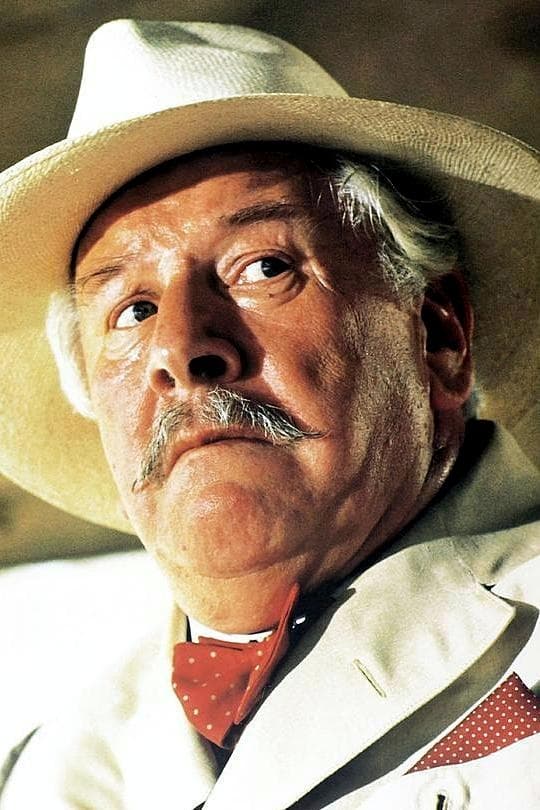
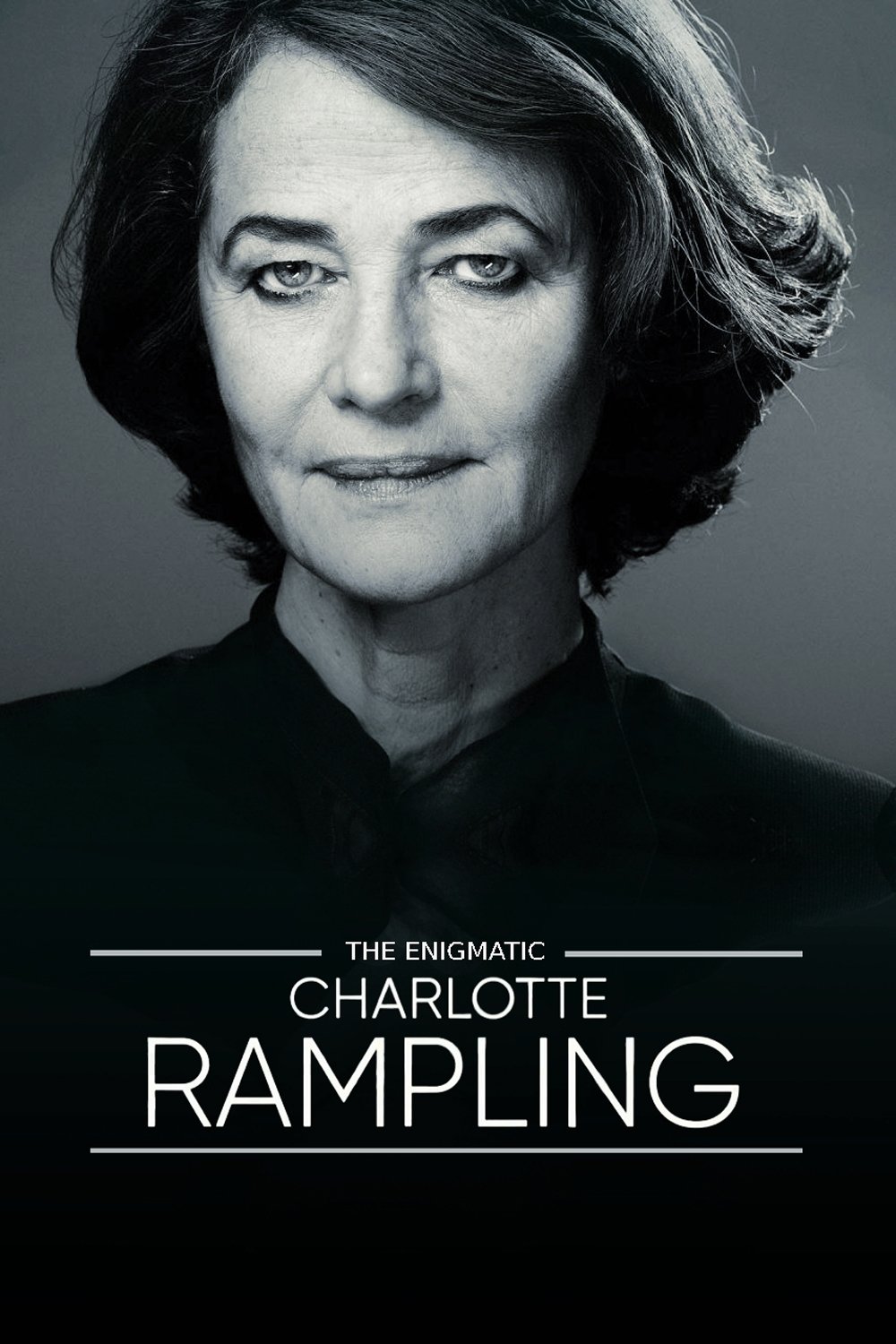
Screen icon Charlotte Rampling has fascinated the world of cinema, fashion and photography with her mysterious and almost inaccessible beauty. A major figure in genre and auteur films, she is unclassifiable: between presence and absence, shyness and audacity, she's always hypnotic, magnetic and fascinating. From her film debut in the mid-1960s in England, to her unconventional career path, through the tragic loss suicide of her older sister that will irremediably mark her acting, this film is a dive into the existential quest of a complex actress, whose every facet is discovered through her roles. Through a conversation with the actress herself, along with personal archives and extracts from her films, this documentary raws a dazzling portrait of her life and career.
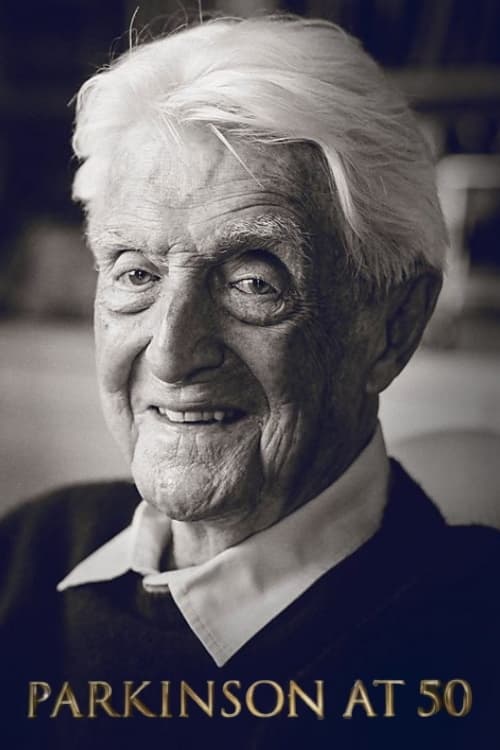
Sir Michael Parkinson looks back over his 50 years as a broadcaster, revealing some tricks of the interview trade and remembering some of his favourite encounters.
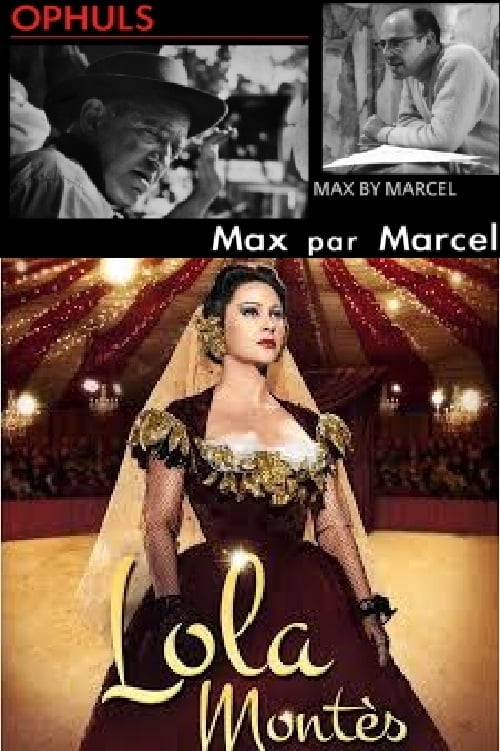
In a series of four documentaries, Marcel Ophuls pays tribute to his father Max, and in this last one discusses his role as an assistant director on "Lola Montès".
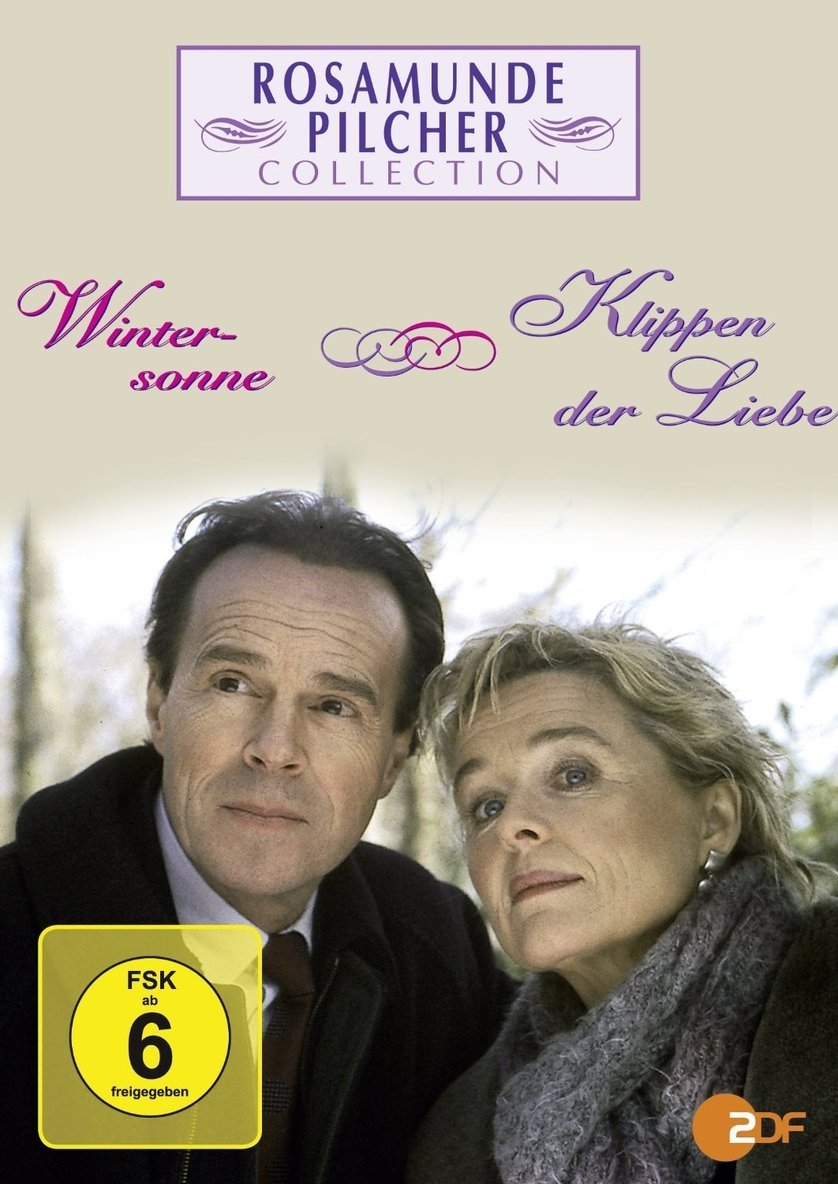
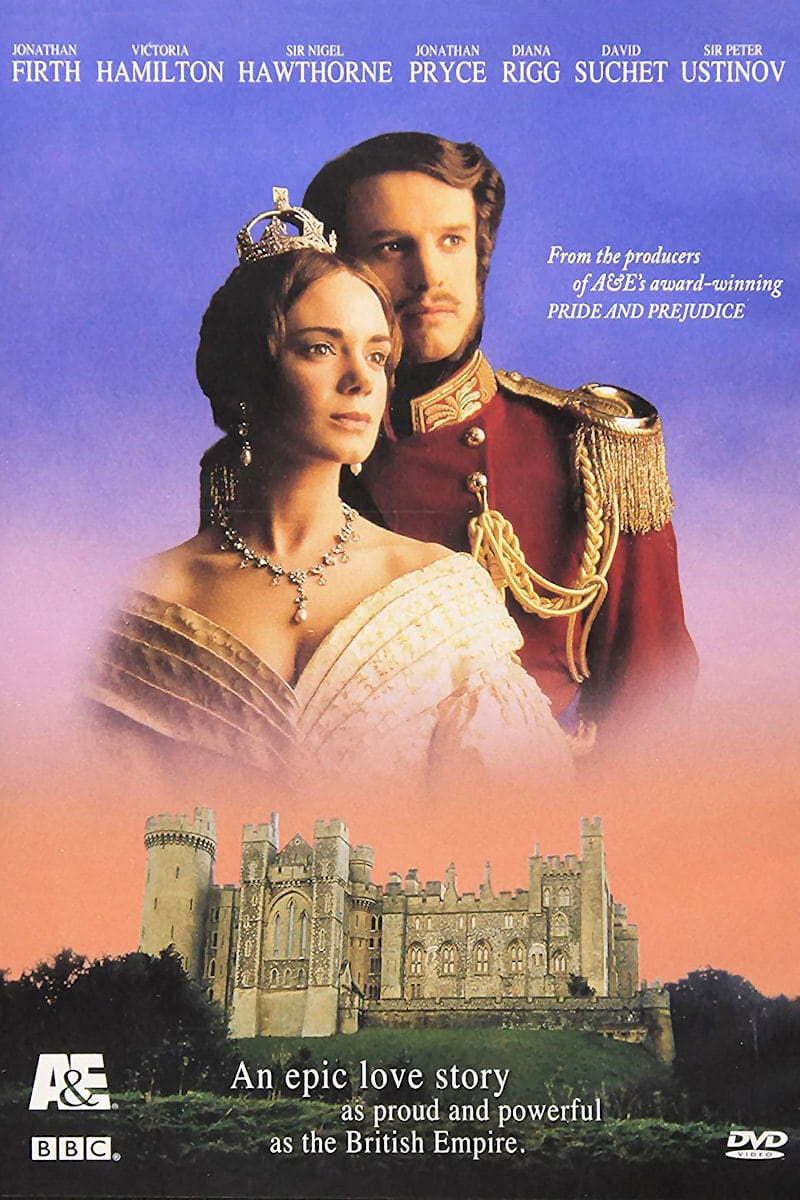
Lavish two-part dramatisation of the passionate love story that was Queen Victoria and Prince Albert's marriage. Two-part drama chronicling the relationship between Queen Victoria and her consort, Prince Albert.
Così fan tutte, comic opera in two acts by Wolfgang Amadeus Mozart that premiered in Vienna on January 26, 1790. It is the last of his three operas with librettist Lorenzo da Ponte, the first two being The Marriage of Figaro (1786) and Don Giovanni (1787). Presented by the Salzburg Marionette Theatre with narration by Sir Peter Ustinov.
Wolfgang Amadeus Mozart's "Abduction from the Seraglio" is a famous spectacle that is enigmatic and exotic at the same time - and just because of this it is not only perfect for the fantastic stage sets of the marionette theatre, but for Ustinov's winking presentation as well. Already in 1782 the Vienna audience was enchanted by the lyrical drama by which the new inhabitant Mozart presented himself as master of opera to the audience of the imperial city. On the one hand, "The Abduction of the Seraglio" is a subtle comedy, on the other hand it conveys important humanitarian values: the Europeans captured in an Ottoman palace are not saved by a military attack but by the generosity of the sovereign "Selim Bassa" - actually mortal enemy of the Habsburg monarchy which was at war with Turkey in Mozart's time!
Don Giovanni, opera in two acts by Wolfgang Amadeus Mozart (Italian libretto by Lorenzo da Ponte) that premiered at the original National Theatre in Prague on October 29, 1787. The opera’s subject is Don Juan, the notorious libertine of fiction, and his eventual descent into hell. For Mozart, it was an unusually intense work, and it was not entirely understood in his own time. Within a generation, however, it was recognized as one of the greatest of all operas. Presented by the Salzburg Marionette Theatre with narration provided by Sir Peter Ustinov.
Sir Peter Alexander Ustinov CBE ( 16 April 1921 – 28 March 2004) was an English actor, writer and dramatist. He was also renowned as a filmmaker, theatre and opera director, stage designer, author, screenwriter, comedian, humourist, newspaper and magazine columnist, radio broadcaster and television presenter. A noted wit and raconteur, he was a fixture on television talk shows and lecture circuits for much of his career. He was also a respected intellectual and diplomat who, in addition to his various academic posts, served as a Goodwill Ambassador for UNICEF and President of the World Federalist Movement. Ustinov was the winner of numerous awards over his life, including two Academy Awards for Best Supporting Actor, Emmy Awards, Golden Globes and BAFTA Awards for acting, a Grammy Award for best recording for children, as well the recipient of governmental honours from, amongst others, the United Kingdom, France and Germany. He displayed a unique cultural versatility that has frequently earned him the accolade of a Renaissance man. Miklós Rózsa, composer of the music for Quo Vadis and of numerous concert works, dedicated his String Quartet No. 1, Op. 22 (1950) to Ustinov. In 2003, shortly before his death in 2004, Durham University renamed its Graduate Society as Ustinov College in honour of the significant contributions Sir Peter had made while serving as Chancellor of the University from 1992 onwards. Description above from the Wikipedia article Peter Ustinov, licensed under CC-BY-SA, full list of contributors on Wikipedia.
By browsing this website, you accept our cookies policy.